In my previous post, Uncle Billy, I discussed my time living in Atlanta Georgia. As part of my effort to become more aware of the American Civil War, I drove to the Chickamauga GA battlefield. It was a humiliating defeat for the Union Army of the Cumberland. The army was routed and made a disorganized retreat to the city of Chattanooga Tennessee.
The Army of the Cumberland, under Rosecrans, was put under siege by the Confederates, under Bragg. Supplies were difficult to come by and the troops were reduced to quarter rations.
Generals Grant and Sherman made their way to Chattanooga, with the Army Of The Tennessee, after a successful campaign at Vicksburg Mississippi. General Joseph Hooker arrived, with an element of the Army Of The Potomac after a victory at Gettysburg. Grant took charge of al the Union troops and devised a successful plan to greatly improve the line of supply in Chattanooga.
During this time, the men and officers of the Army Of The Cumberland were taking lots of abuse, at all levels of rank, from their counterparts in the Armies Of The Tennessee and The Potomac. They had been embarrassed at Chickamauga and it was mostly because of a communication malfunction at the highest level of command. They were seething.
Eventually, Grant's troops outnumbered Bragg's and they were better supplied. Grant became tired of being under siege and wanted to start trying to break out. His plan was to send his most trusted subordinate, General Sherman, to attack the Confederate right and rolling their line along Missionary Ridge. Before this, General Hooker led an attack on Lookout Mountain and won what became known as the Battle Above The Clouds. This victory was important, but not as important as some of the stories of the time made it out to be.
After visiting Chickamauga, I drove to Chattanooga. I made my way through the neighborhoods to the summit of Lookout Mountain. I drove to Orchard Knob and Missionary Ridge. The city has kind of consumed by the battlefield, but there are historic plaques and statues everywhere. It is easy to get the lay of the land and understand how the terrain effected the battle.
Sherman's efforts were foiled by his misunderstanding of the terrain at the far right of the Confederate line. There were more hills there that he was not aware of. As his attack faltered, Grant ordered the Army Of The Cumberland to threaten Missionary Ridge at the center of the line, to draw reinforcements from the right. His orders were to take the trenches at the base of the ridge only. He still thought Sherman should be the emphasis of the effort.
The Army Of The Cumberland, now under General George "Pap" Thomas, the "Rock of Chicamauga", advanced to the base of the ridge, driving the Confederates up toward the top. When they got there, they began to climb the ridge, contrary to orders. I was a spontaneous movement, not commanded by anyone and they began to drive the rebels from the top of Missionary Ridge. This became an avenging rout of the army that had routed them at Chickamauga. It was another victory for Grant, despite the fact that it was not according to his plan.
After reading much more about this battle and the entire Civil War, I have come to the conclusion that this was a very under rated battle. It played an enormous part in the final outcome of the war.
Gettysburg and Vicksburg had just happened and were rightfully seen as critical Northern victories, but Chattanooga did several things that kept the momentum going.
First of all, it helped Lincoln install Grant as the overall commanding general of the entire Union Army. Despite his record of winning victory after victory, Grant was accused of being a careless drunkard. There may be some partial truth to that, but he was a hard fighter, who wanted the enemy to worry about what he was going to do, rather than the other way around. He fought like hell and he won. Lincoln's previous choices as commanding general had been mostly failures. Grant's assumption of command eventually led to the Overland Campaign, which resulted in Lee's surrender at Appomattox Court House.
Secondly, it turned Sherman loose on Georgia. That is what I talked about in my previous post. Lincoln, Grant and Sherman met after Chattanooga, to discuss and plan how they would conduct the remainder of the war. Grant and Sherman would use the same strategy as they advanced on Richmond and Atlanta, respectively. Previously, Union generals would fall back after a major encounter with the Confederates. Grant and Sherman just maneuvered around the enemy and continued their moves toward the objective, forcing the enemy to abandon a strong defensive position and try to move to block them. Eventually Richmond and Atlanta were placed under siege. This was the beginning of a change from the older forms of battle, which involved armies lining up on opposite sides of the field and shooting volleys at each other, to the modern, trench warfare.
Lincoln, Grant and Sherman understood the importance of breaking the will of the population of the enemy, the civilians, as much as the army. You can see this in all levels of competition. If the people supporting the competitors realize there is no way they can win, everyone on both sides is aware that it is only a matter of time.
The only reason the Confederacy lasted as long as it did, is because of the incompetence of Yankee generals and the hope that there would be recognition of the Confederate States Of America by European countries, that it was indeed a separate nation. The major Union victories eventually killed that hope.
Chattanooga set Sherman and Grant up to be able to demonstrate in the Eastern and Western Theaters that the North would eventually prevail.





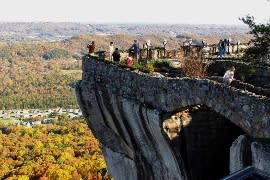
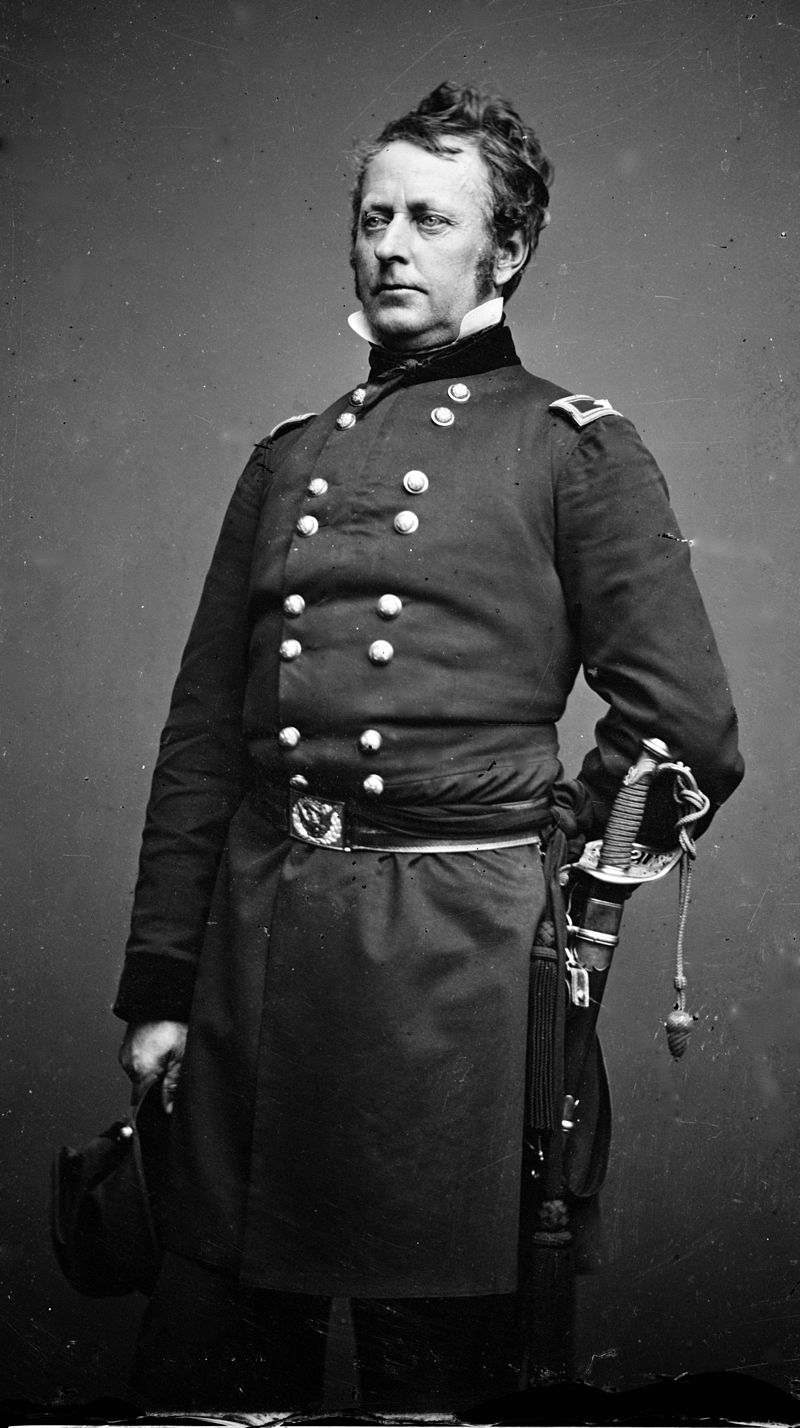
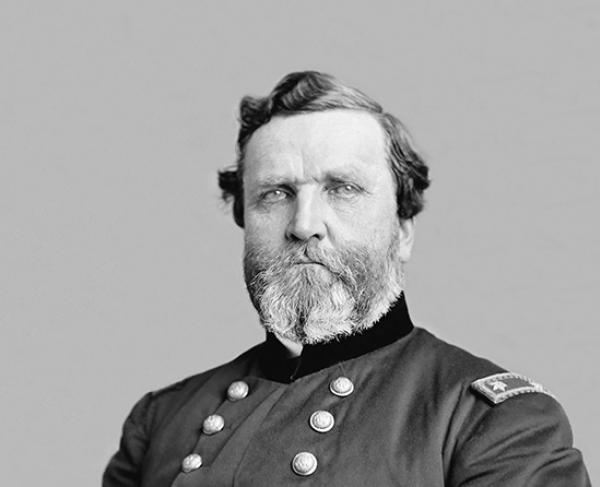
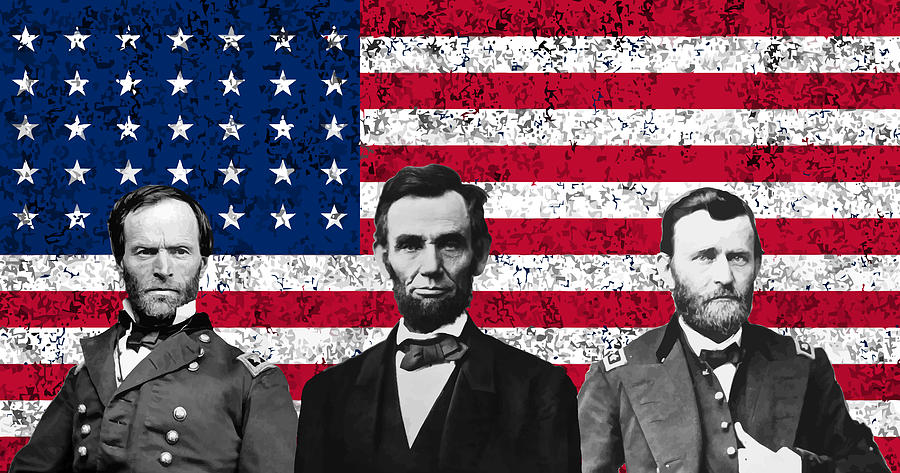
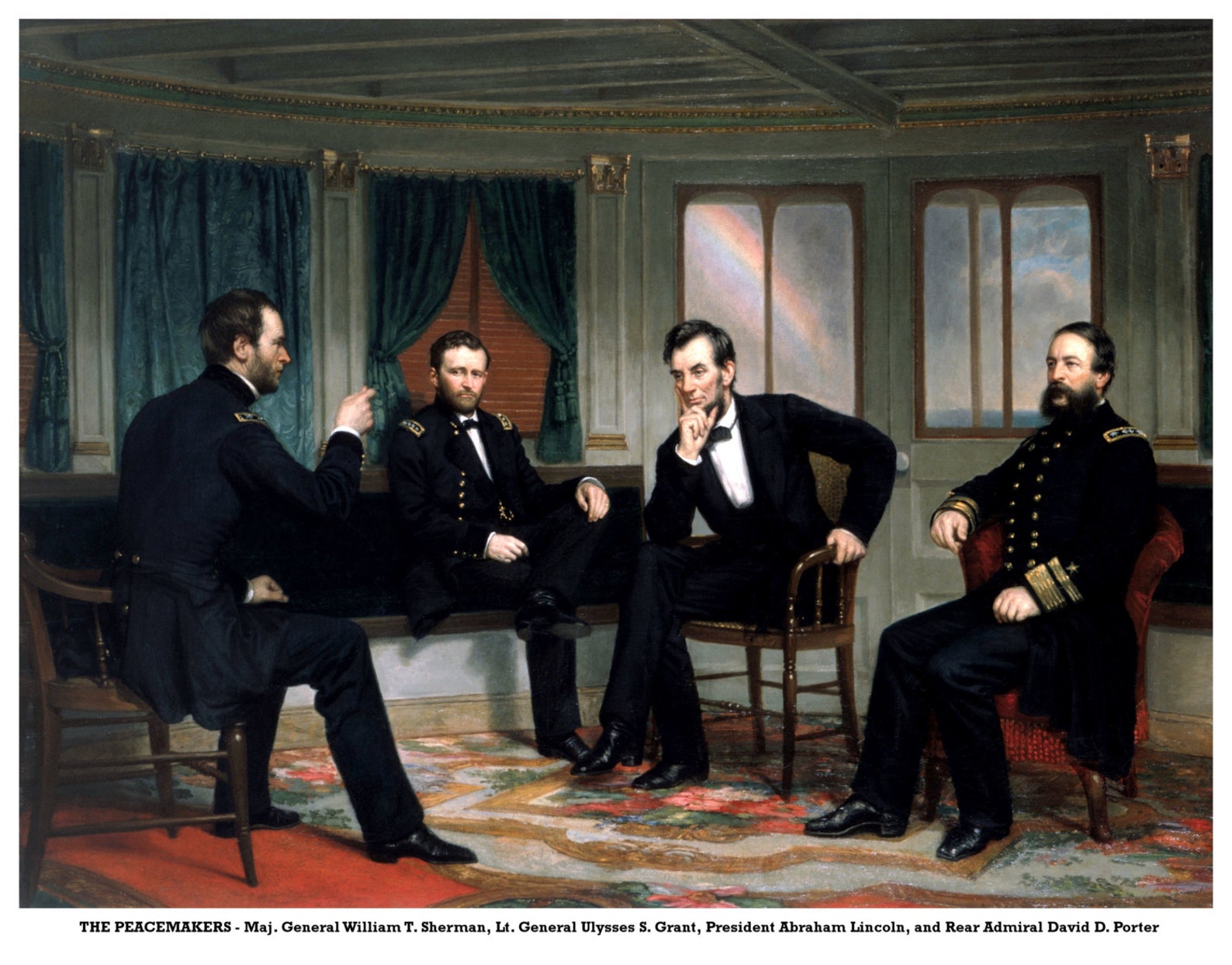
No comments:
Post a Comment